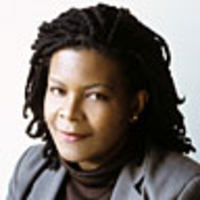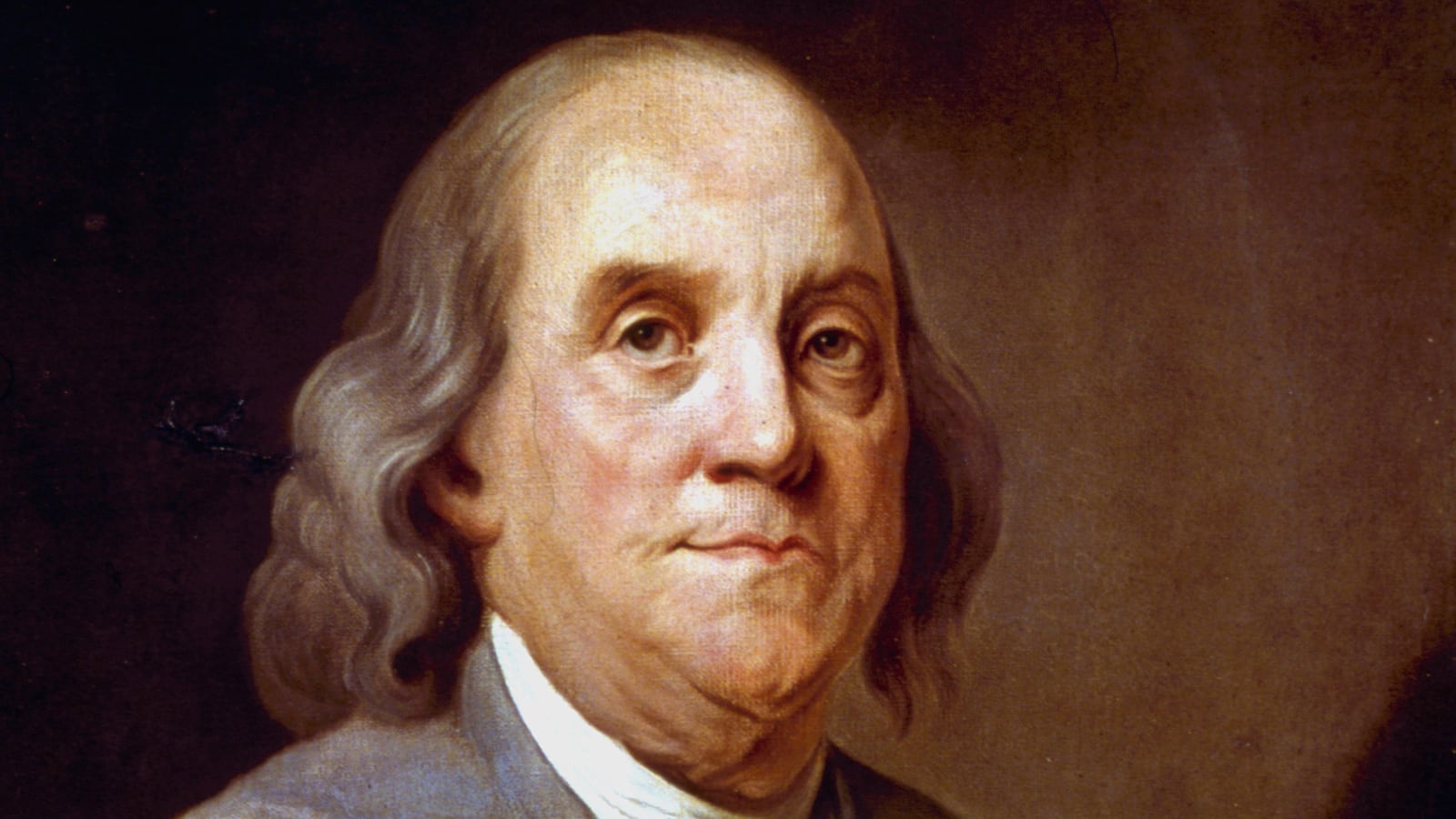Jane Mecom was Benjamin Franklin’s sister. They were two among a group of seventeen siblings, an unfathomable number to we who live in the land of an average 2.5 children per couple. That they were part of what we would call today a “blended’ family—seven of their siblings were the product of their father Josiah’s first marriage—makes their circumstances no less astounding. Even being among the cohort of Josiah and Abiah Franklin’s ten children puts Jane and Benjamin’s situation far outside the experiences of current day Americans. In their time, when there was no reliable birth control, having large numbers of siblings was normal—as was having some among one’s siblings die.

What did it mean for children to be part of such a large family? We have had much in the way of writing about the relationships between husbands and wives, fathers and children, mothers and children—and we have learned a great deal. The relationship between siblings, though not completely uncharted, is a far less frequent subject of systematic study. This is puzzling and unfortunate because social science research (and the intuition of anyone who is, or ever has been, a sibling) suggests that sibling relationships help shape, for good or ill, the personalities and development of individuals who are brother or sisters.
Jill Lepore’s Book of Ages: The Life and Opinions of Jane Franklin examines this territory through her exploration of the life Jane Franklin, who upon her marriage at fifteen (another disquieting social possibility from the 18th century) became Jane Mecom. Mecom led an ordinary life by the terms of the 18th century, except that she was the sister—the favorite at that—of the most famous American of his time. While Jane lived in obscurity, bearing a dozen children over the course of her life and burying all but one of them, her brother became famous the world over, perhaps, with the possible exception of Jefferson, the most multi-faceted of all the members of the founding generation. Franklin was a printer, scientist, revolutionary, ambassador and all around know-it-all.
“Benny” and “Jenny”, their childhood monikers, were the youngest son and the youngest daughter in the Franklin family. They were close from the beginning, and they remained so for all their lives. The bond that kept them together was their correspondence. Because he became the famous Benjamin Franklin, Benny’s letters to Jenny largely survive. In fact, we are left to deduce the content of her letters to him from his responses to her.
One could say that in some senses most siblings during Benny and Jenny’s time started out in relatively the same place. They had the same parents, the same siblings, they lived in the same place, and shared the same family culture. In other important senses they were worlds apart. It meant something socially and legally to be the first-born son, a son at all, or a girl. From the moment of their births Benny and Jenny’s paths in life were destined to diverge in serious ways. This was true for boys and girls all along the social spectrum. The Franklins were not wealthy. They could be called the “middling” sort. But they shared the gender conventions of the day with those in the social strata above and below them throughout the American colonies. That convention held that males were heads of the household, controlled property, and had greater freedom to move and act in the public world.
In thinking of Jane and Benjamin, it is useful to compare the difference in the lives of Thomas Jefferson and his sisters, who learned to read and write, but were never destined for higher education. Nor were they expected to go out into the world and seek their fortunes, other than as wives. A gender divide existed at the polar opposite end of the social spectrum as well. Most enslaved people were not educated, so one has to look for other indicia of disparate treatment based on gender. One immediately noticeable difference is that enslaved men tended to be given a greater range of mobility than enslaved women. For example, male members of one generation of the Hemings family, enslaved at Jefferson’s Monticello, were allowed to travel by themselves, hire their own time, and keep the money from their employment. Sometimes Jefferson did not know where they were. That was his way of recognizing (to a degree) the masculinity of men who were, in all but one case, half-brothers to his wife. These men’s sisters had no such mobility. Jefferson showed them to be privileged by keeping them out of the fields, and in the home performing the domestic tasks that women performed—sewing, baking pastries, and keeping the house.

The very thing that tethered Jane and Benjamin then—their letters to one another—gives the greatest evidence of the gender-based chasm between them. Benjamin’s letters show his erudition and ease with the pen. Jane’s letters show the physical struggles of putting pen to paper and forming letters. And she was forever apologizing to her to her brother for her misspellings, as if he did not understand that she had never had the opportunity to become proficient at this particular task given her gender and early marriage. Benjamin always reassured her on this point, sending the message that what was important to him was their communication.
Even now, siblings are not destined to be equally successful. Still, it is hard to imagine a circumstance in today’s world where siblings would be so unevenly matched in their opportunities as Jenny and Benny. One sibling might value education more and work harder. Or a sibling may have a learning disability that hinders his or her efforts. Universal public education—amazingly enough, reviled in some quarters—has given girls the same educational opportunities as boys. Who knows? Had she lived today, Jane Mecom could have been a printer, scientist, revolutionary, ambassador and all around-know-it all. Her brother could still have been all these things, too.





